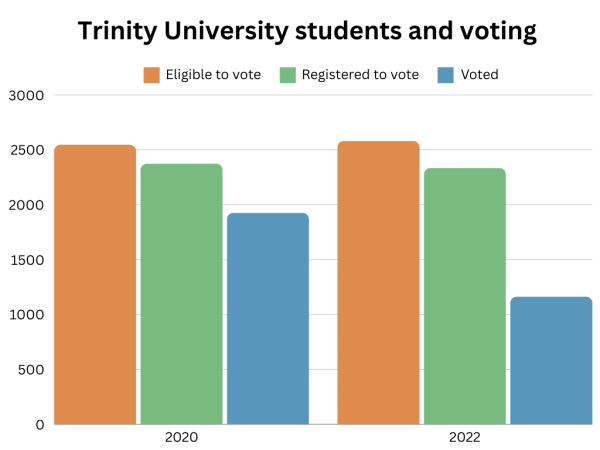We cannot look to pop culture for the realities of black pregnancies.
When Rihanna redefined maternity fashion at Paris Fashion Week, it wasn’t just a landmark moment in fashion. Her choice to wear revealing clothes during her pregnancy is a statement that encourages non-famous Black women to reclaim their bodies and break racialized pregnancy standards at large. Across all classes, Black pregnancies are the most marginalized pregnancies, and thus, our society must celebrate pregnant Black women the same way the pregnancies of Black female celebrities are uplifted.
It’s important to note that as someone who is not a part of the Black community and has never been pregnant, I cannot fully understand the experiences that Black pregnant women live through. The only thing non-Black individuals can do is truly listen to black women and understand the systems that continue to marginalize them.
The white gaze constantly polices Black bodies and their expressions of femininity. Even though famous Black women are monumentalized as glowing pregnant goddesses (as we’ve seen with Beyonce’s ethereal maternity photoshoots), all Black women deal with racialized pregnancy stigma.
A health equity study titled “Black Pregnant Women ‘Get the Most Judgment’: A Qualitative Study of the Experiences of Black Women at the Intersection of Race, Gender, and Pregnancy” asked Black pregnant women about their experiences with gendered racism and pregnancy. Unsurprisingly, many Black women felt that their pregnancies were devalued due to assumptions about socioeconomic status, marital status and racial biases.
The instances of prejudice would occur anywhere from the context of health care services to social services. The racial disparity found in the daily lives of Black pregnant women affects the level of care that they receive, while also causing an increase in stress levels.
Systemic racism is one of the leading reasons why Black maternal and infant mortality rates are astronomically high compared to any other race. According to the New York Times, “Black infants in America are now more than twice as likely to die as white infants, … a racial disparity that is actually wider than in 1850, 15 years before the end of slavery, when most Black women were considered chattel.” Black women are also three to four times more likely to die due to pregnancy-related causes compared to white women.
These statistics read merely as data without the personal accounts of Black women, allowing people to make prejudiced assumptions about the reasons why Black women face difficult pregnancies. Looking past the data, non-Black communities need to center the voices and personal accounts of Black women to understand the pervasiveness of racialized sexism.
A famously shared account of a difficult Black pregnancy came from tennis star Serena Williams when she opened up about a situation of malpractice to Vogue. During her pregnancy, Williams was faced with a pulmonary embolism along with other serious complications. This was due to a medical team that chose to ignore her concerns even though she had a history of the medical condition and was seen visibly gasping for air. Her experience is a grave reality of the life-and-death circumstances that occur when Black women are dismissed, and it happens across all socioeconomic class lines.
Black women have been fighting for their intersectional identities to be valued for thousands of years. They’ve been begging non-Black individuals to listen to the voices of Black women for decades, but we’ve only recently started to become more aware of the injustices that Black women face. When non-Black individuals listen to the voices of Black pregnant women, it creates the much-needed space to have honest conversations about Black maternal mortality rates and internalized prejudices around Black pregnancies.

Hello! I am a junior English and Business major with a minor in creative writing. As an opinions columnist, I’m passionate about exploring anthropological...






